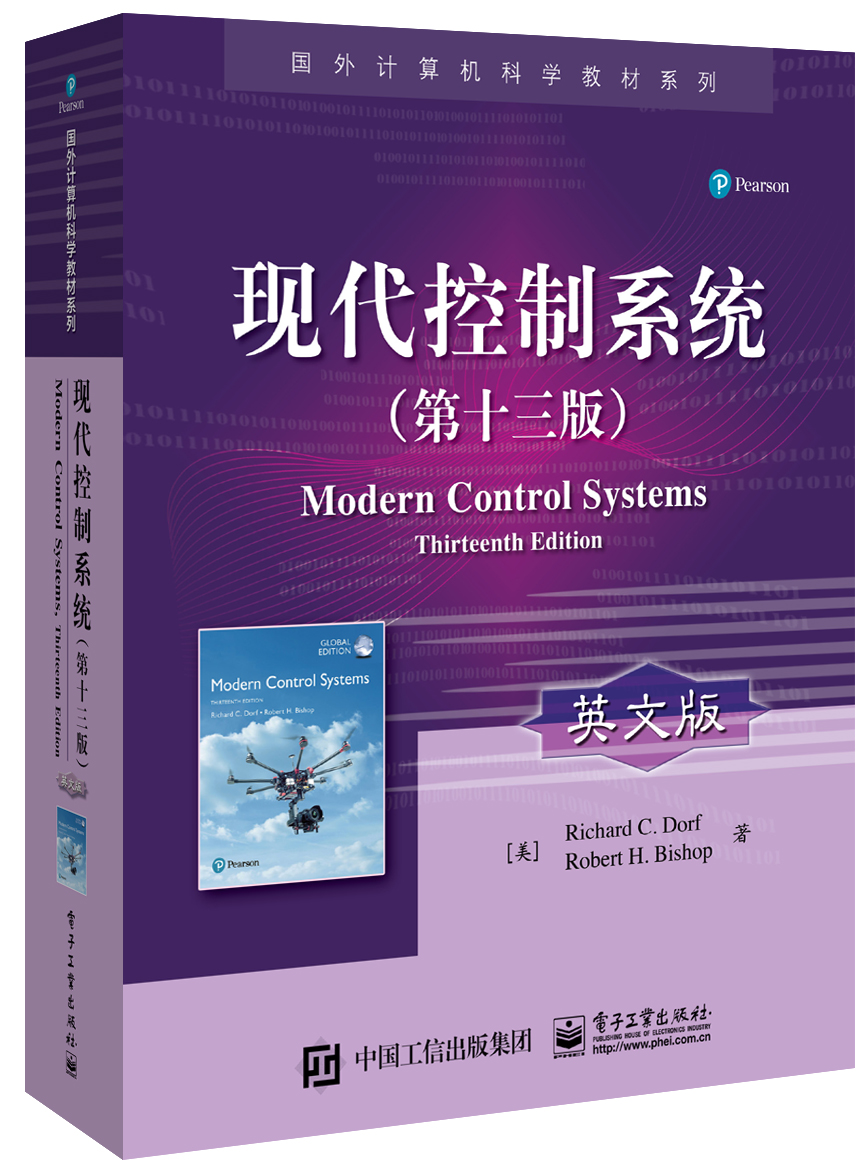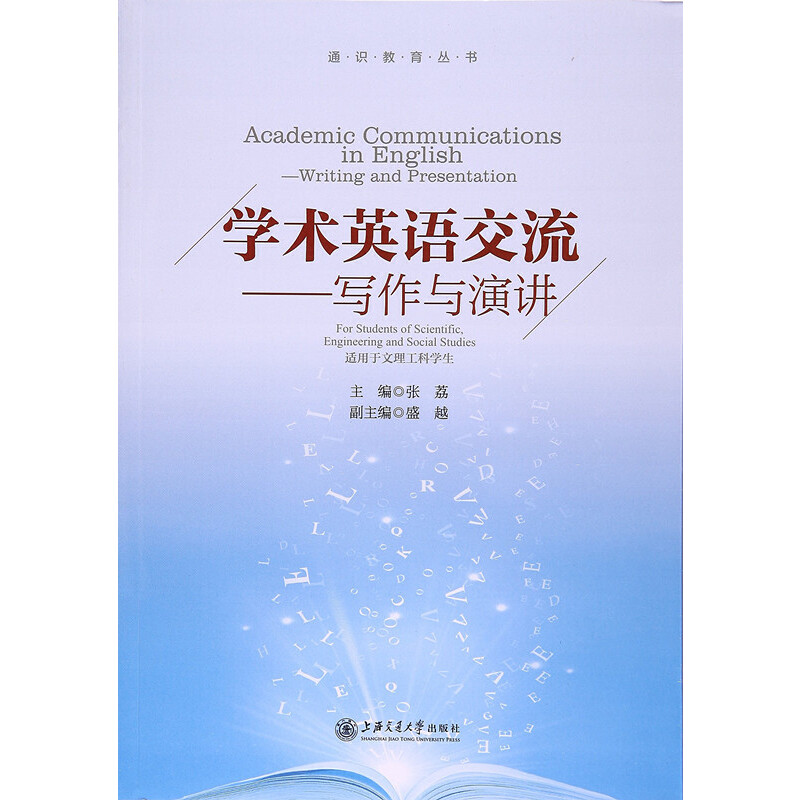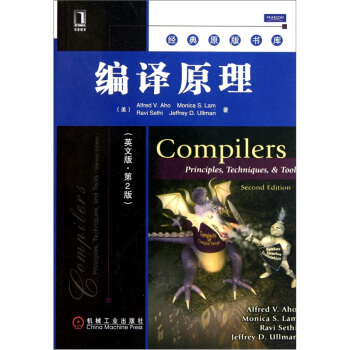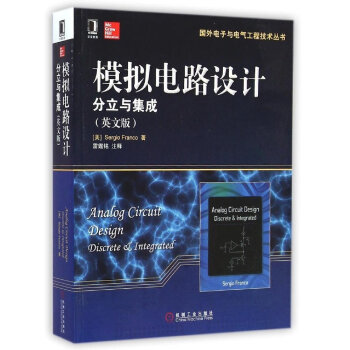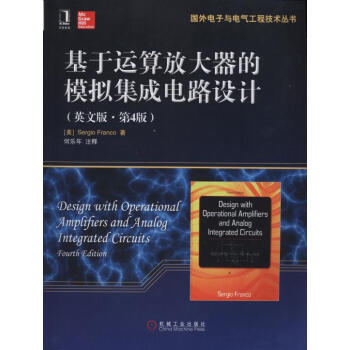现代控制系统(第十三版)(英文版) / 国外计算机科学教材系列
作者: Richard C. Dorf(理查德·C. 多尔夫),Robert H. Bishop(罗伯特·H. 毕晓普)
出版时间:2018-06
出版社:电子工业出版社
试读
- 电子工业出版社
- 9787121343940
- 1-1
- 295274
- 16开
- 2018-06
- 1016
- 自动化
- 本科 研究生(硕士、EMBA、MBA、MPA、博士)
Chapter 1 Introduction to Control Systems
1.1 Introduction
1.2 Brief History of Automatic Control
1.3 Examples of Control Systems
1.4 Engineering Design
1.5 Control System Design
1.6 Mechatronic Systems
1.7 Green Engineering
1.8 The Future Evolution of Control Systems
1.9 Design Examples
1.10 Sequential Design Example: Disk Drive Read System
1.11 Summary
Skills Check ? Exercises ? Problems ? Advanced
Problems ? Design Problems ? Terms and Concepts
Chapter 2 Mathematical Models of Systems
2.1 Introduction
2.2 Differential Equations of Physical Systems
2.3 Linear Approximations of Physical Systems
2.4 The Laplace Transform
2.5 The Transfer Function of Linear Systems
2.6 Block Diagram Models
2.7 Signal-Flow Graph Models
2.8 Design Examples
2.9 The Simulation of Systems Using Control Design Software
2.10 Sequential Design Example: Disk Drive Read System
2.11 Summary 155
Skills Check ? Exercises ? Problems ? Advanced
Problems ? Design Problems ? Computer Problems ?
Terms and Concepts
Chapter 3 State Variable Models
3.1 Introduction
3.2 The State Variables of a Dynamic System
3.3 The State Differential Equation
3.4 Signal-Flow Graph and Block Diagram Models
3.5 Alternative Signal-Flow Graph and Block Diagram Models
3.6 The Transfer Function from the State Equation
3.7 The Time Response and the State Transition Matrix
3.8 Design Examples
3.9 Analysis of State Variable Models Using Control Design Software
3.10 Sequential Design Example: Disk Drive Read System
3.11 Summary
Skills Check ? Exercises ? Problems ? Advanced
Problems ? Design Problems ? Computer Problems ?
Terms and Concepts
Chapter 4 Feedback Control System Characteristics
4.1 Introduction
4.2 Error Signal Analysis
4.3 Sensitivity of Control Systems to Parameter Variations
4.4 Disturbance Signals in a Feedback Control System
4.5 Control of the Transient Response
4.6 Steady-State Error
4.7 The Cost of Feedback
4.8 Design Examples
4.9 Control System Characteristics Using Control Design Software
4.10 Sequential Design Example: Disk Drive Read System
4.11 Summary
Skills Check ? Exercises ? Problems ? Advanced
Problems ? Design Problems ? Computer Problems ?
Terms and Concepts
Chapter 5 The Performance of Feedback Control Systems
5.1 Introduction
5.2 Test Input Signals
5.3 Performance of Second-Order Systems
5.4 Effects of a Third Pole and a Zero on the Second-Order System Response
5.5 The s-Plane Root Location and the Transient Response
5.6 The Steady-State Error of Feedback Control Systems
5.7 Performance Indices
5.8 The Simplification of Linear Systems
5.9 Design Examples
5.10 System Performance Using Control Design Software
5.11 Sequential Design Example: Disk Drive Read System
5.12 Summary
Skills Check ? Exercises ? Problems ? Advanced
Problems ? Design Problems ? Computer Problems ?
Terms and Concepts
Chapter 6 The Stability of Linear Feedback Systems
6.1 The Concept of Stability
6.2 The Routh-Hurwitz Stability Criterion
6.3 The Relative Stability of Feedback Control Systems
6.4 The Stability of State Variable Systems
6.5 Design Examples
6.6 System Stability Using Control Design Software
6.7 Sequential Design Example: Disk Drive Read System
6.8 Summary
Skills Check ? Exercises ? Problems ? Advanced
Problems ? Design Problems ? Computer Problems ?
Terms and Concepts
Chapter 7 The Root Locus Method
7.1 Introduction
7.2 The Root Locus Concept
7.3 The Root Locus Procedure
7.4 Parameter Design by the Root Locus Method
7.5 Sensitivity and the Root Locus
7.6 PID Controllers
7.7 Negative Gain Root Locus
7.8 Design Examples
7.9 The Root Locus Using Control Design Software
7.10 Sequential Design Example: Disk Drive Read System
7.11 Summary
Skills Check ? Exercises ? Problems ? Advanced
Problems ? Design Problems ? Computer Problems ?
Terms and Concepts
Chapter 8 Frequency Response Methods
8.1 Introduction
8.2 Frequency Response Plots
8.3 Frequency Response Measurements
8.4 Performance Specifications in the Frequency Domain
8.5 Log-Magnitude and Phase Diagrams
8.6 Design Examples
8.7 Frequency Response Methods Using Control Design Software
8.8 Sequential Design Example: Disk Drive Read System
8.9 Summary
Skills Check ? Exercises ? Problems ? Advanced
Problems ? Design Problems ? Computer Problems
Terms and Concepts
Chapter 9 Stability in the Frequency Domain
9.1 Introduction
9.2 Mapping Contours in the s-Plane
9.3 The Nyquist Criterion
9.4 Relative Stability and the Nyquist Criterion
9.5 Time-Domain Performance Criteria in the Frequency Domain
9.6 System Bandwidth
9.7 The Stability of Control Systems with Time Delays
9.8 Design Examples
9.9 PID Controllers in the Frequency Domain
9.10 Stability in the Frequency Domain Using Control Design Software
9.11 Sequential Design Example: Disk Drive Read System
9.12 Summary
Skills Check ? Exercises ? Problems ? Advanced
Problems ? Design Problems ? Computer Problems ?
Terms and Concepts
Chapter 10 The Design of Feedback Control Systems
10.1 Introduction
10.2 Approaches to System Design
10.3 Cascade Compensators
10.4 Phase-Lead Design Using the Bode Plot
10.5 Phase-Lead Design Using the Root Locus
10.6 System Design Using Integration Compensators
10.7 Phase-Lag Design Using the Root Locus
10.8 Phase-Lag Design Using the Bode Plot
10.9 Design on the Bode Plot Using Analytical Methods
10.10 Systems with a Prefilter
10.11 Design for Deadbeat Response
10.12 Design Examples
10.13 System Design Using Control Design Software
10.14 Sequential Design Example: Disk Drive Read System
10.15 Summary
Skills Check ? Exercises ? Problems ? Advanced
Problems ? Design Problems ? Computer Problems ?
Terms and Concepts
Chapter 11 The Design of State Variable Feedback Systems
11.1 Introduction
11.2 Controllability and Observability
11.3 Full-State Feedback Control Design
11.4 Observer Design
11.5 Integrated Full-State Feedback and Observer
11.6 Reference Inputs
11.7 Optimal Control Systems
11.8 Internal Model Design
11.9 Design Examples
11.10 State Variable Design Using Control Design Software
11.11 Sequential Design Example: Disk Drive Read System
11.12 Summary
Skills Check ? Exercises ? Problems ? Advanced
Problems ? Design Problems ? Computer Problems ?
Terms and Concepts
Chapter 12 Robust Control Systems
12.1 Introduction
12.2 Robust Control Systems and System Sensitivity
12.3 Analysis of Robustness
12.4 Systems with Uncertain Parameters
12.5 The Design of Robust Control Systems
12.6 The Design of Robust PID-Controlled Systems
12.7 The Robust Internal Model Control System
12.8 Design Examples
12.9 The Pseudo-Quantitative Feedback System
12.10 Robust Control Systems Using Control Design Software
12.11 Sequential Design Example: Disk Drive Read System
12.12 Summary
Skills Check ? Exercises ? Problems ? Advanced
Problems ? Design Problems ? Computer Problems ?
Terms and Concepts
Chapter 13 Digital Control Systems
13.1 Introduction
13.2 Digital Computer Control System Applications
13.3 Sampled-Data Systems
13.4 The z-Transform
13.5 Closed-Loop Feedback Sampled-Data Systems
13.6 Performance of a Sampled-Data, Second-Order System
13.7 Closed-Loop Systems with Digital Computer Compensation
13.8 The Root Locus of Digital Control Systems
13.9 Implementation of Digital Controllers
13.10 Design Examples
13.11 Digital Control Systems Using Control Design Software
13.12 Sequential Design Example: Disk Drive Read System
13.13 Summary
Skills Check ? Exercises ? Problems ? Advanced
Problems ? Design Problems ? Computer Problems ?
Terms and Concepts
References
WEB RESOURCES
Appendix A MATLAB Basics
Appendix B MathScript RT Module Basics
Appendix C Symbols, Units, and Conversion Factors
Appendix D Laplace Transform Pairs
Appendix E An Introduction to Matrix Algebra
Appendix F Decibel Conversion
Appendix G Complex Numbers
Appendix H z-Transform Pairs Preface
Appendix I Discrete-Time Evaluation of the Time Response

